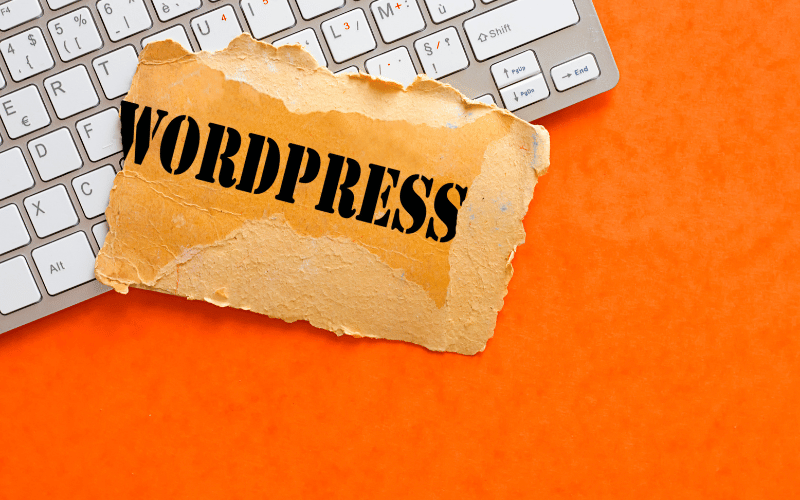Custom-Built Websites vs. WordPress: Choosing the Right Platform for Your Needs

May 1, 2024
Custom-Built Websites vs. WordPress: Choosing the Right Platform for Your Needs
WordPress has undeniably shaped the web, providing an easy entry point for website creation. However, as the digital landscape evolves, the limitations and challenges of using WordPress become apparent, especially when compared to custom-built websites. This article explores the distinct differences between these two approaches.
Understanding the Basics
WordPress offers a plethora of plugins and themes, making it a versatile platform capable of adapting to various needs. Almost any feature you can think of can be added with a plugin. However, this can lead to a reliance on multiple third-party options, each with its own update cycles and potential security risks.
Custom-built websites, on the other hand, are tailored from the ground up. This approach ensures that every element of the site is optimized for specific business needs without unnecessary bloat or compromise. Custom sites often utilize modern frameworks and technologies that provide a robust foundation for both simple and complex websites.
Feature Integration and Support
With WordPress, integrating advanced features often requires navigating a patchwork of plugins, which can vary in quality and support. This modular approach might initially seem flexible but can quickly become a maintenance headache.
Custom websites are built with integration in mind, using a cohesive strategy that aligns with business goals. Features like user management, advanced search capabilities, and custom data handling are designed to work seamlessly together, supported by a consistent development team.
Performance and Security
One of WordPress's significant drawbacks is its vulnerability to security threats, primarily because of its popularity and reliance on numerous plugins. A custom website can be more secure by design, tailored to include only necessary functionalities and reducing potential entry points for attacks.
Furthermore, custom websites are often faster and more efficient, as they don't carry the overhead of unused features and generalized code that comes with WordPress.
Scalability and Flexibility
WordPress can scale to a certain extent, but its architecture may not handle large-scale growth efficiently, especially for highly customized sites. Custom-built solutions are designed with scalability in mind, allowing for easier adaptation to increased traffic and evolving business needs.
Cost Considerations
Initially, WordPress may seem cost-effective, especially with its 'free-to-start' model. However, the costs can accumulate when considering premium plugins, themes, and maintenance. Classic custom-built websites might require a higher upfront investment but typically result in lower long-term costs due to fewer ongoing fees and maintenance expenses.
However, with the advent of Website As A Service ( WAAS ) type of services, a novel approach in the web development landscape that allows a business to effectively rent a website for an affordable monthly cost even the most even the most resource-constrained small businesses can benefit from a custom built website. WAAS solutions provide a middle ground between fully custom-built sites and standard content management systems like WordPress. These services often include hosting, maintenance, and updates, enabling businesses to enjoy the benefits of a professionally managed website without the need for extensive upfront investments or technical expertise. This model can be especially attractive for businesses looking for cost-effective scalability and minimal operational overhead.
Conclusion
While WordPress is suitable for those needing a simple, quick-to-deploy website, it often falls short for businesses looking to scale efficiently and secure a professional online presence. Custom-built websites offer a tailored, robust, and secure solution, providing better performance, integration, and long-term value.
Choosing between a custom-built website and WordPress depends on your specific needs, budget, and long-term business goals. Each has its strengths and weaknesses, and the right choice varies depending on the project's complexity and intended scale.